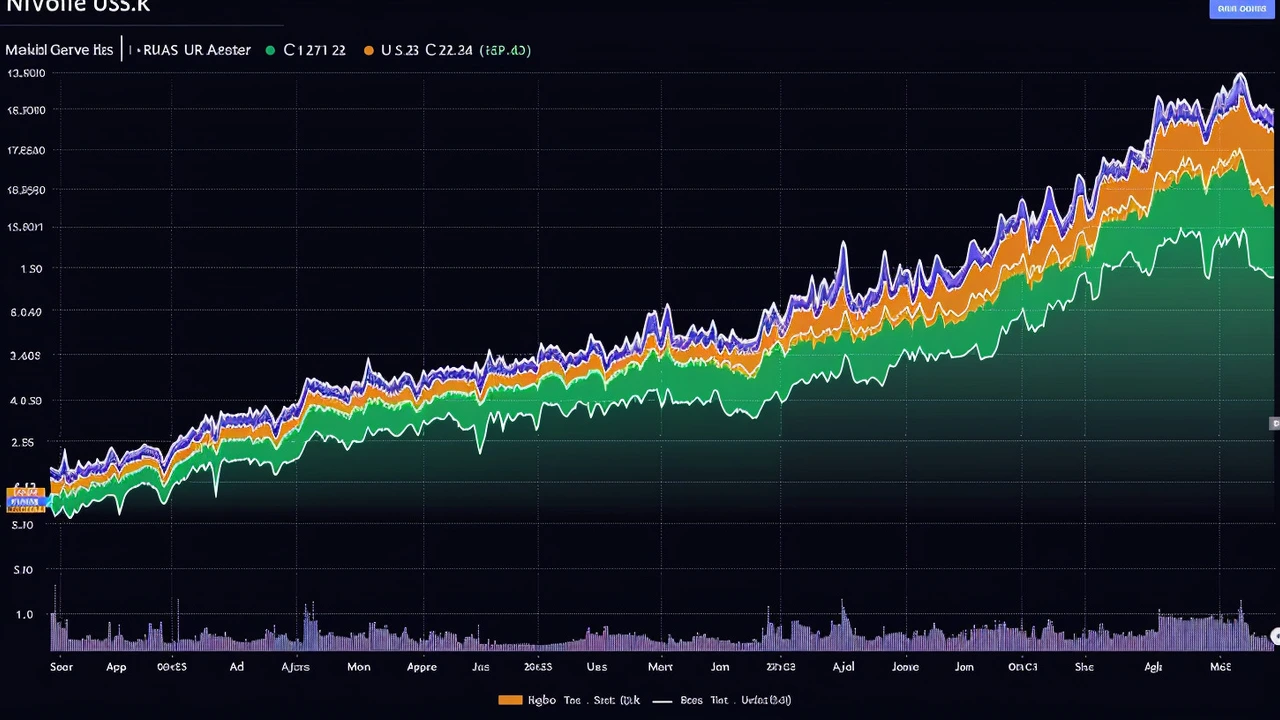Market Capitalization: What It Is and Why You Should Care
Market capitalization, often called market cap, might sound like finance jargon, but it’s actually a straightforward concept that helps investors, analysts, and regular folks see how big a company really is. Simply, it’s the total value of a company's outstanding shares of stock. To calculate it, multiply the current stock price by the number of shares available.
So, why does market cap matter to you? It’s a quick way to understand a company’s size compared to others, but size also clues you in on how risky or stable an investment might be. Big companies like Apple or Microsoft usually have huge market caps and tend to be more stable, while smaller companies can offer bigger growth but come with more risk.
Breaking Down Market Cap Categories
Companies typically fall into three market cap groups: large-cap, mid-cap, and small-cap. Large-cap companies have values over $10 billion and often lead their industries. They’re like the giants that have been around a while. Mid-cap firms are between $2 billion and $10 billion and often represent growth opportunities with balanced risk. Small-cap companies, valued under $2 billion, might be younger businesses with lots of growth potential but also higher uncertainty.
Investors use these categories to diversify their portfolios. You might balance between the safety of large-cap stocks and the exciting potential of small-caps. Market cap is a handy tool to make those choices more informed.
Market Cap's Role in the Stock Market and Economy
Market capitalization doesn’t just affect individual investors—it influences stock market indexes and overall market health. Indexes like the S&P 500 weight companies based on their market cap, so bigger companies have more impact on index performance. This helps reflect the market's direction realistically, linking back to how companies are valued by investors.
Also, watching shifts in market caps can hint at economic trends. If large companies' market cap is falling, it might signal trouble ahead. Rising market caps in new sectors can show where innovation or growth is happening. So, it’s more than numbers—it’s a lens into the business world’s pulse.
Want to keep an eye on market caps? Most financial websites and news platforms offer updated market cap info, which you can compare to get a feel for how companies and markets are moving.
In short, market capitalization is a simple but powerful tool for understanding company size, investment opportunities, and market trends. Whether you're picking stocks or just curious about business, knowing what market cap means helps you make smarter decisions.

Nvidia Surpasses Apple to Become Most Valuable Company Amid AI Boom
Nvidia has taken the top spot from Apple as the most valuable company globally. This historic shift is largely driven by Nvidia's role in the booming artificial intelligence sector. The company's market value soared to over $2.5 trillion, while Apple lagged at around $2.3 trillion.
Categories
- Sports (146)
- Politics (22)
- Entertainment (20)
- World (15)
- News (10)
- Lifestyle (8)
- Business (6)
- Technology (3)
- Health (3)
- Environment (2)
Popular Articles



